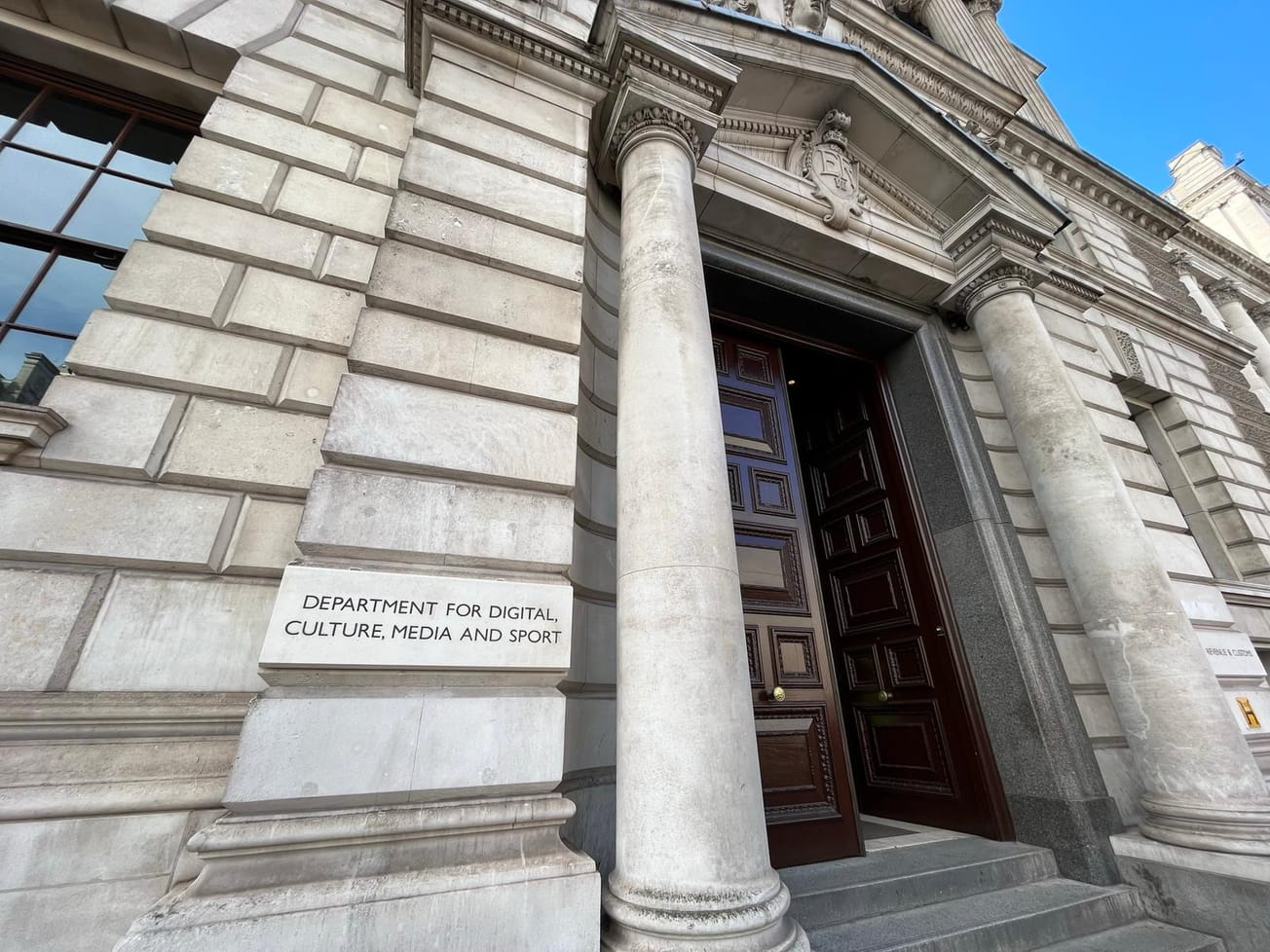By Cameron Scheijde, co-Editor-in-Chief
You've probably been handed endless leaflets, or seen the posters outside the Careers Service, about the 'Bristol PLUS' award. But what is is actually like, and will it improve your CV at the end?
At the start of this year, I decided that if I was going to spend endless hours working an unpaid job, I might as well get some reward for it. As anyone who is on the committee of a society could tell you, it is relentless hard work at times and can seem a thankless task trying to balance academic work and the needs of society administration. While managing a society is always going to look great on your CV, getting an award can always add an extra shine to employers - both the PLUS and its bigger brother, the Outstanding Award, offer a great way of getting something back for your extra-curricular slogging.
The PLUS is not as daunting as it might appear - not what I had expected when the leaflets were first thrown at me in first year. The essential requirements - work experience, an 'intensive skills' activity, workshops and a 'Bristol Futures' online course - are all things that you are probably doing at Uni anyway. It is not simple, as there are several elements of success and achievement you have to demonstrate before you can complete the award, but don't let that put you off. Having worked for Epigram last year, my intensive skills activity was already ticked off, and any work experience or internship over two weeks while you have been at Uni counts. If you have attended any workshops, whether run by the Careers Service or not, then you've probably completed that requirement already. If not, then you get the chance to enahnce your employability in workshops, which can only be a good thing.

The only extra effort that needed to be made was the online course, which originally struck me as an annoying box-ticking exercise, and while there is an element of that, it was actually very interesting. Much of what was covered was interesting to my course as a Politics student, and the way of learning was different to usual Uni teaching. It says you need four weeks to complete the course, but release all weeks at once, so you can plough on ahead if you're in a rush. All of this does feel a little arbitrary - you can skip through the course without completing any of what they ask you to. However, if you engage with the content, it can easily compliment your learning.
At the end, when you've ticked all their boxes, you need to submit a reflective report, which can be dull and not especially useful to developing your skills, but not exactly hard work. Then, you sit in a circle with other completers and talk about your experiences. Again, this is not the most riveting of exercises but evidently is useful to reflect on what you've done. Especially useful as it tells you how to present the award on your CV. A few weeks later and a shiny certificate arrives on your email. Congrats!
Once you've done that, you have the option to apply for their 'Outstanding Award', the next level up. This operates differently to the PLUS, in that you apply on a form to one of the categories for doing something 'outstanding' in Innovation, 'Global Citizenship' or 'Sustainable Futures'. The categories are a bit vague, but they do make it clear in the introductory talk whether what you've done qualifies you.
After that, there's the interview: a 45 minute sit down with 2 Careers Service staff and an 'expert' in your field. It is a good mock interview for a job and provides important practice in an interview situation - but with the lack of clarity in the descriptions for the application categories, it can be frustrating.
The PLUS and the Outstanding Award both provide important recognition for extra-curricular work that you are probably already doing, and add a nice shine to your CV. While I am yet to see the quantifiable worth of it, it's always fun to have something to boast about on your LinkedIn.









